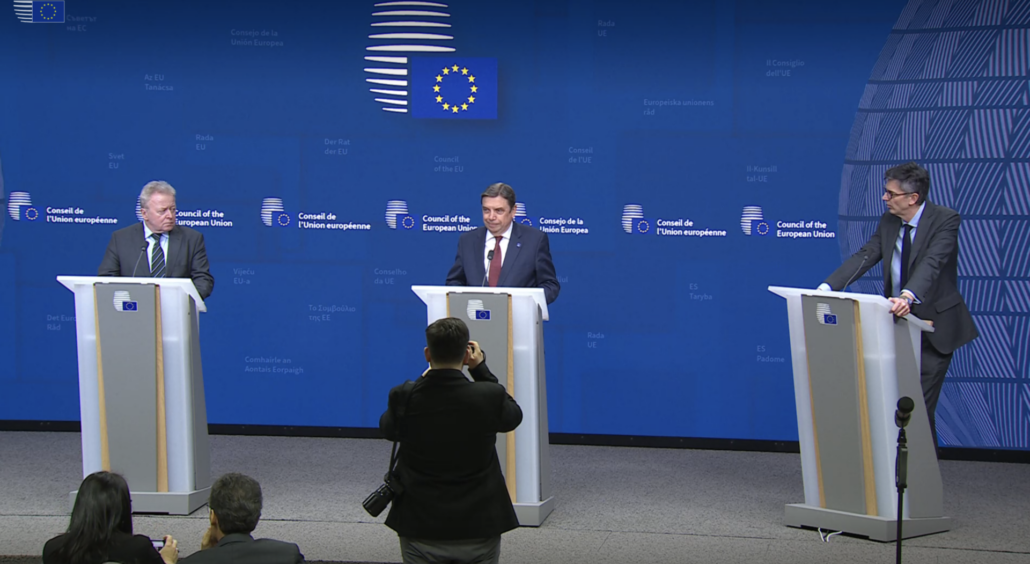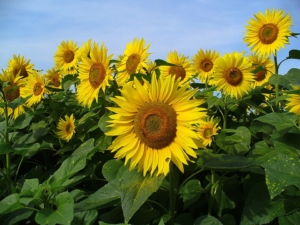
Germany blocks deregulation of NGT breeds
At the EU Council (10-11 December), agriculture ministers did not reach the qualified majority required to adopt the adapted version of the EU Commission's draft regulation on new genomic techniques.
The Spanish EU Council Presidency wanted to speed up a decision on the new regulation that foresees to allow a faster market approval of breeds made by means of targeted mutation and new genomic techniques (NGT) whose genetic make-up can not be distiguished from conventionally breeds made by radiochemicals or chemical mutagens. But on Monday, no agreement was reached. Members of the European green party welcomed the results of the vote because they feel that the regulation does not rule out sufficiently how to secure coexistence of NGT1 breeds and organic breeds which are prohibited to mix up with NGT1-crops. Like seed industry associations, they also want to include a patent ban for NGT1 seeds to secure free access to genetic resources to breeders and farmers.
According to Germany’s green Agriculture Minister Cem Özdemir, the regulation in its current form would pose an existential threat to the billion-euro organic and ‘non-GMO’ markets. Thus Germany abstained from the vote while Greece, Croatia, Malta, Austria, Poland, Romania, Slovakia, Slovenia, Hungary and Cyprus votes against. Toghether, Germany,representing 18.8% of the EU poopulation and the opponents reached a blocking minority because the 65% of EU population required for a qualified majority could not be reached.
Some weeks before, the Christian-democratic EVP failed a majority in the EU Parliament that proposed to allow organic farmers to use of climate-adapted NGT1 seeds, which are expected to represent 90% of future acreage of NGT crops.
German greens do not see equivalency between conventionally-bred and NGT-1 seeds. Therefore, they propose not only to regulate NGT-2 seeds under EU GMO laws that requires a safety assessment, labeling and monitoring of seeds and products, but also of NGT1 products, which are quite similar to conventional and organic seeds regarding the genotype.
The Council Presidency wanted to adopt a so-called “general approach” in the Agriculture Council on 11 December, before Belgium takes over the Council Presidency next January. Such a general approach serves to speed up the legislative process by informing the European Parliament of the key points of the expected Council position before it makes its own decision in January. The aim is for the Council, Parliament and Commission to reach an agreement more quickly in the subsequent trialogue., right before the elections for the new European Parliament and the new EU Commission. Until Monday evening the result of this vote was not public.


 H. Zell - wikipedia.org
H. Zell - wikipedia.org fvm.dk
fvm.dk Adobe stock Photos - hkama
Adobe stock Photos - hkama